Difference Between AWS And Cloud Computing
4.9 out of 5 based on 8297 votesLast updated on 11th Jun 2024 16.32K Views
- Bookmark

AWS is a specific cloud computing service provided by Amazon, while cloud computing is a general concept of delivering computing services over the internet.
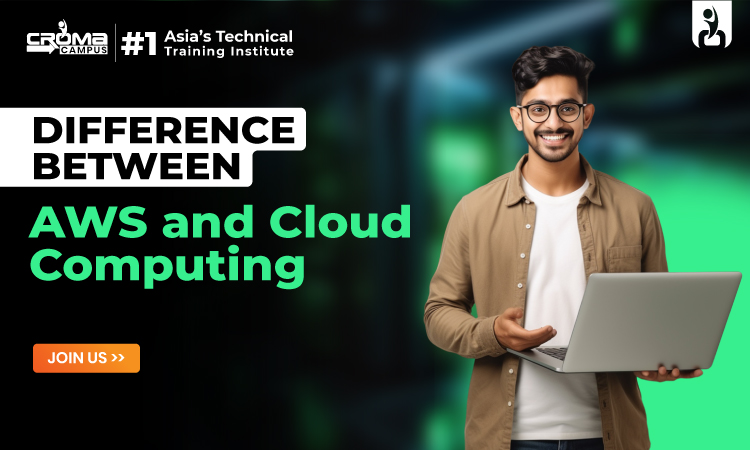
Introduction
Cloud computing has revolutionized how computing resources are delivered and utilized, offering on-demand services over the internet. Among the various providers, Amazon Web Services (AWS) stands out as a leader, renowned for its extensive service offerings and global infrastructure.
This discussion explores the distinctions between AWS Cloud Computing Training, highlighting the unique advantages AWS brings to the ever-evolving landscape of digital transformation.
Key Differences Between AWS And Cloud Computing
Cloud computing refers to the delivery of various services over the internet, including storage, computing power, databases, networking, software, and analytics. It allows organizations to access and use these resources on-demand, without the need for significant upfront investment in physical infrastructure.
On the other hand, AWS (Amazon Web Services) is a specific example of a cloud computing platform. It is one of the leading cloud service providers globally, offering a comprehensive suite of cloud services.
Understanding the differences between cloud computing as a concept and AWS as an implementation of that concept is essential for businesses and individuals navigating the modern technology landscape.
Cloud Computing: An Overview
Cloud computing is a paradigm shift in how IT resources are utilized and managed. Instead of owning and maintaining physical servers and data centers, organizations can rent access to anything from applications to storage from a cloud service provider.
Cloud computing is typically divided into three main service models:
- Infrastructure as a Service (IaaS): Provides virtualized computing resources over the internet. Examples include virtual machines, storage, and networks. Users can rent and manage these resources as needed.
- Platform as a Service (PaaS): Offers hardware and software tools over the internet. It is designed to support the complete web application lifecycle, from building and deploying to managing and updating.
- Software as a Service (SaaS): Delivers software applications over the internet, on a subscription basis. Users can access software applications without managing the underlying infrastructure.
Cloud computing is characterized by several key benefits:
- Scalability: Resources can be scaled up or down based on demand.
- Cost Efficiency: Reduces the need for significant capital expenditure on hardware and software.
- Flexibility and Mobility: Services can be accessed from anywhere with an internet connection.
- Disaster Recovery and Backup: Simplifies backup and recovery solutions.
- Collaboration: Enhances collaboration through shared access to documents and applications.
Amazon Web Services (AWS): A Leading Cloud Platform
AWS is a comprehensive and widely adopted cloud platform, launched by Amazon in 2006. It offers over 200 fully featured services from data centers globally. One can join AWS Course Online for the best skill development. AWS services are divided into various categories, including computing, storage, databases, networking, analytics, machine learning, and more.
Some of the most well-known AWS services include:
- Amazon EC2 (Elastic Compute Cloud): Provides scalable computing capacity in the cloud.
- Amazon S3 (Simple Storage Service): Offers scalable object storage for data backup, archiving, and analytics.
- Amazon RDS (Relational Database Service): Simplifies setting up, operating, and scaling relational databases.
- AWS Lambda: Allows running code without provisioning or managing servers, following a serverless architecture.
- Amazon VPC (Virtual Private Cloud): Lets users provision logically isolated sections of the AWS cloud.
You May Also Read These Posts:
AWS Developer Associate Salary In India
Major Difference Between AWS S3 And EBS
What is AWS Command Line Interface
AWS Certification Cost in India
Key Differences Between AWS and Cloud Computing
Let us look at the major differences between AWS And Cloud Computing based on different criteria.
Scope
- Cloud Computing: Refers to the overarching concept and methodology of delivering IT services over the internet.
- AWS: A specific implementation of cloud computing provided by Amazon, offering a suite of services within the cloud computing paradigm.
Providers
- Cloud Computing: Can be provided by various vendors, including Microsoft Azure, Google Cloud Platform (GCP), IBM Cloud, and many others.
- AWS: A single vendor, Amazon, provides AWS services.
Services Offered
- Cloud Computing: Encompasses a broad range of services from different providers, including IaaS, PaaS, and SaaS.
- AWS: Offers a comprehensive and integrated suite of cloud services, primarily focusing on IaaS and PaaS, but also providing SaaS solutions.
Market Position
- Cloud Computing: Represents a significant shift in IT infrastructure management and service delivery, encompassing the entire industry.
- AWS: One of the market leaders within the cloud computing industry, recognized for its extensive service offerings and innovation.
Adoption and Use Cases
- Cloud Computing: Adopted by organizations of all sizes for various purposes, from web hosting and application development to data analysis and storage.
- AWS: Widely adopted by startups, enterprises, and public sector organizations due to its reliability, scalability, and vast ecosystem of services and partners.
Advantages of AWS within the Cloud Computing Ecosystem
Comprehensive Service Portfolio:
AWS provides a broad range of services that cater to almost any IT need, from basic infrastructure services to advanced technologies like artificial intelligence and machine learning.
Global Presence:
With a vast network of data centers across multiple regions and availability zones, AWS offers high availability and redundancy, enabling businesses to deploy applications globally with low latency.
Security and Compliance:
AWS has robust security measures and compliance certifications, making it a trusted choice for enterprises with stringent security requirements.
Innovation and Integration:
AWS continually innovates, adding new services and features. It also integrates well with various third-party tools and services, enhancing its utility for different workloads and industries.
Cost Management:
AWS provides tools and services to help users manage and optimize costs, including pay-as-you-go pricing, cost calculators, and billing alerts.
Other Related Online Courses:
Microsoft Azure Online Training
AWS Devops Course With Placement
Conclusion
Cloud computing represents a transformative approach to accessing and utilizing computing resources, offering significant benefits such as flexibility, scalability, and cost-efficiency. AWS stands out as a leader within this space, distinguished by its extensive service offerings, global infrastructure, and continuous innovation. Therefore, the Amazon Web Services Certification Course ensures a secure career path for aspiring professionals. Understanding the differences between AWS and the broader concept of cloud computing is crucial for effective use, as covered in a Cloud Computing Online Course. By recognizing the unique strengths and capabilities of AWS, alongside the general principles of cloud computing, users can make informed decisions to optimize their operations and drive growth in the digital age.
Subscribe For Free Demo
Free Demo for Corporate & Online Trainings.
Your email address will not be published. Required fields are marked *
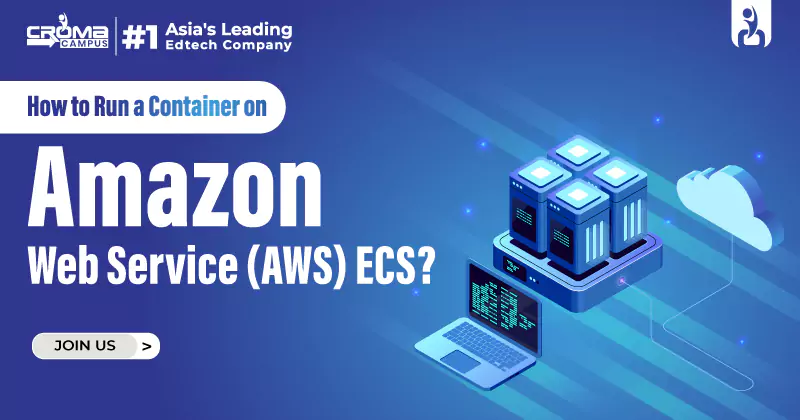

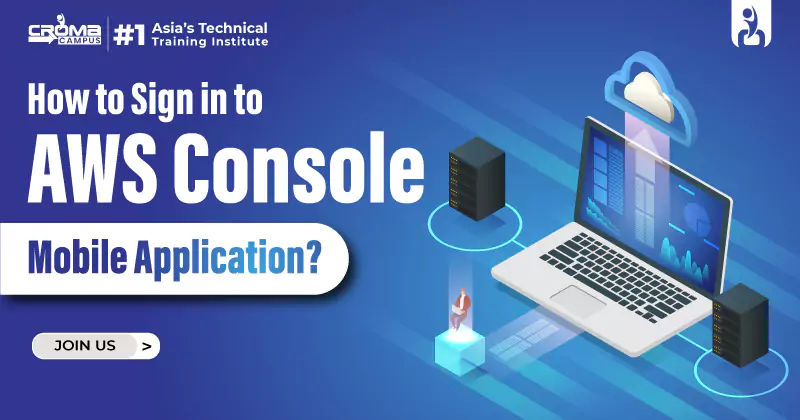
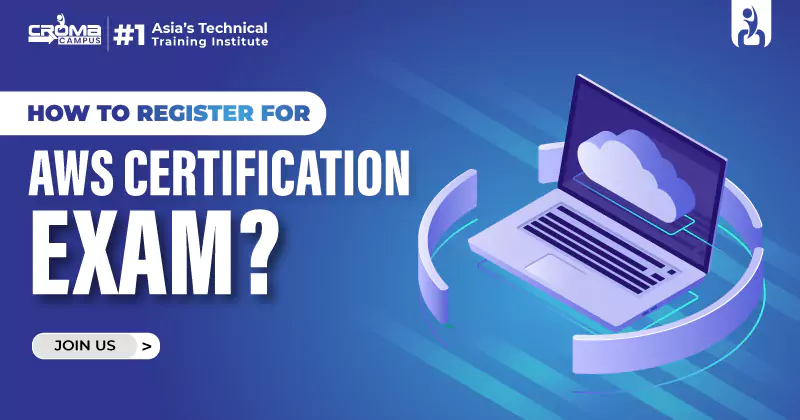
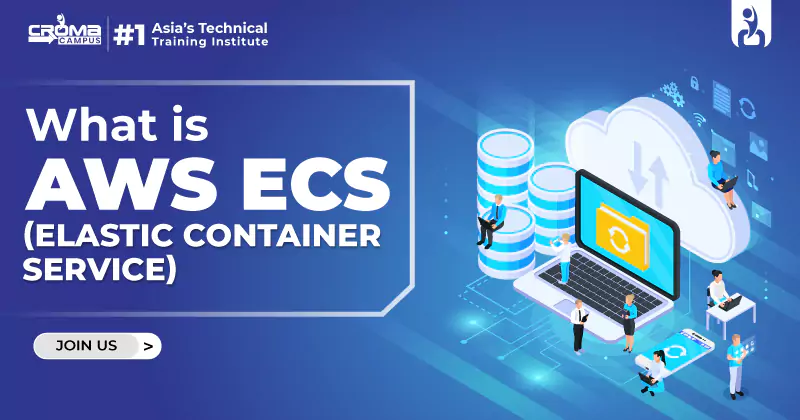
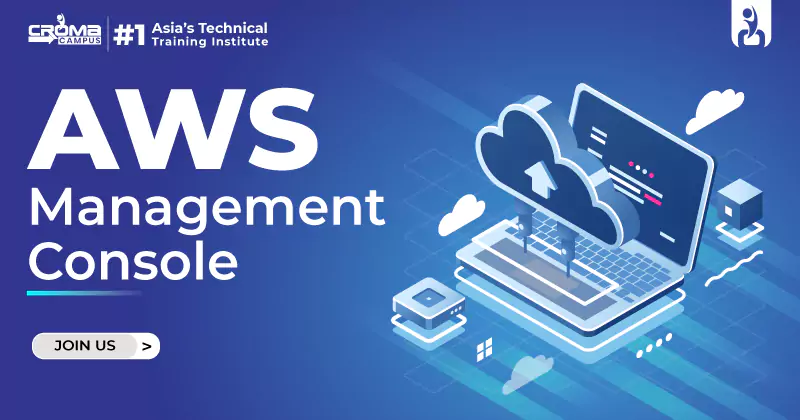
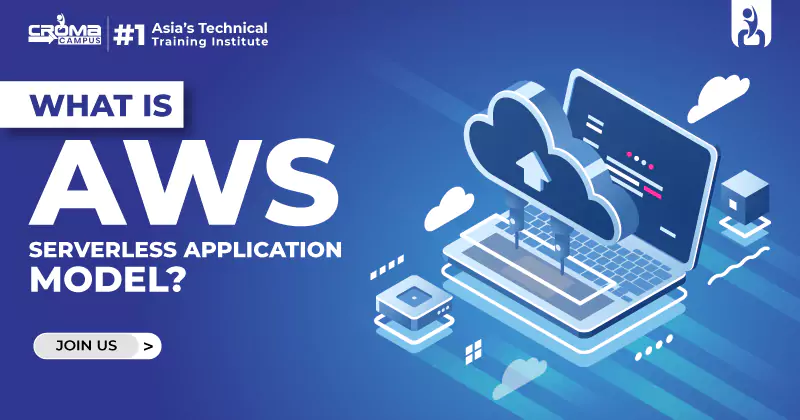
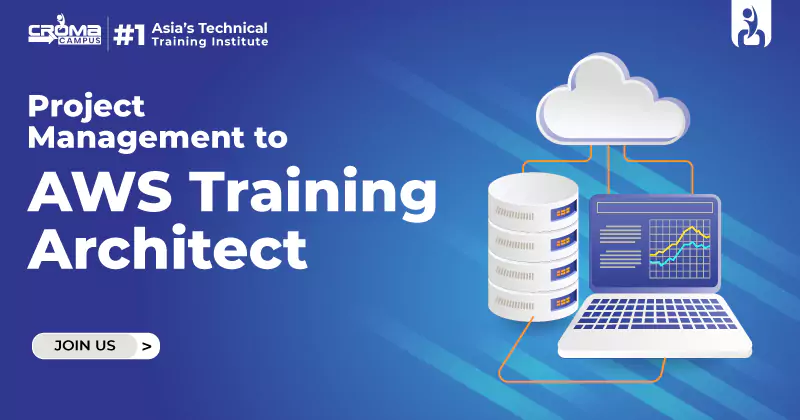
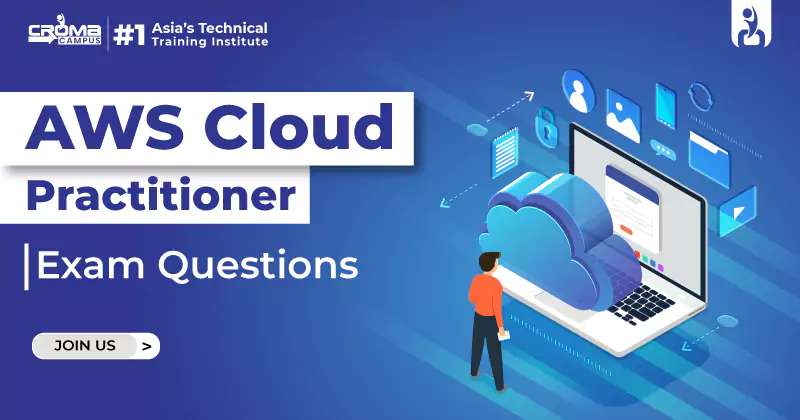
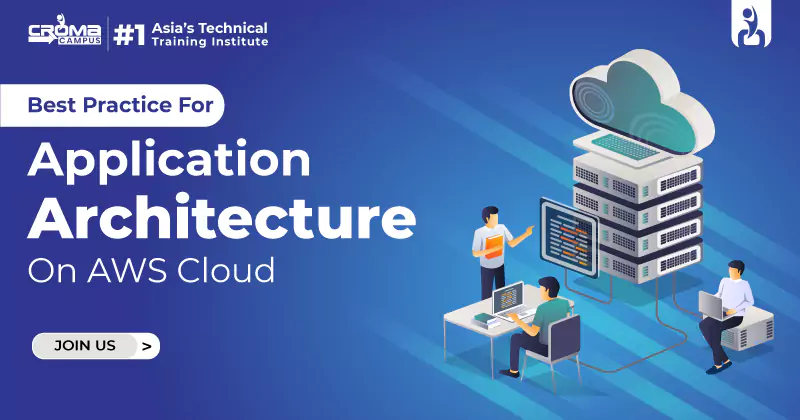
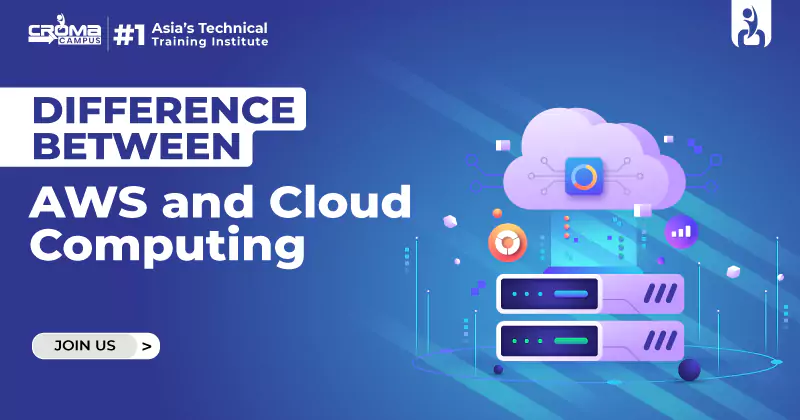










 Master in Cloud Computing Training
Master in Cloud Computing Training